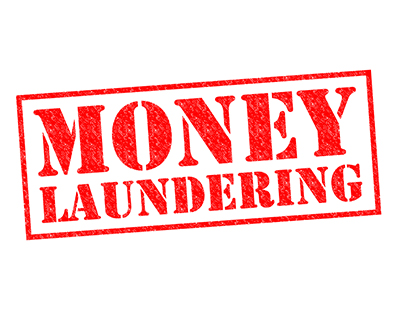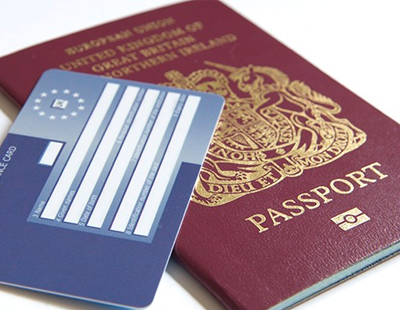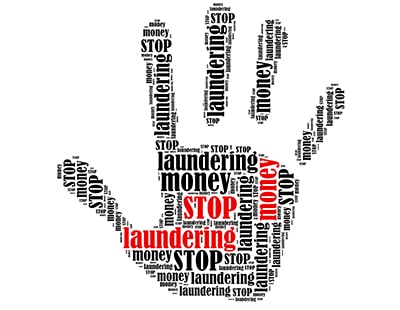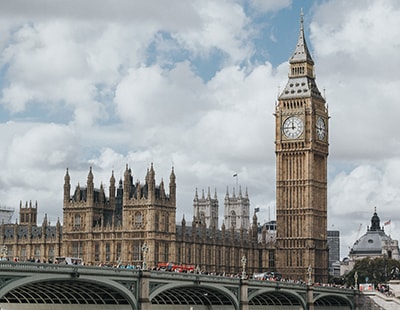
The announcement that MPs will set up a Select Committee to probe the scale of money laundering in the UK property sector is an apt response to reduce the flows of illicit money that we are currently seeing flowing through the sector undetected.
The London property market is a particular problem area because of the high price properties, which can be seen as an attractive vehicle for foreign investors to conceal the proceeds of economic crime.
Most of the UK’s foreign-owned properties can be found in London, amounting to £33.9 billion, according to figures analysed by the BBC using data from the Land Registry.
The issue here is that the ultimate source of wealth used to purchase these properties is not known.
While many of these individuals may have funded the purchase using monies from legitimate sources, they were purchased during a period in which almost no checks were carried out on sources of wealth from foreign buyers.
A recent report from Transparency International revealed that £4.4 billion of UK property may have been bought with suspicious wealth. The challenge posed here is that the ‘buyer’ can be an offshore company set up in a tax haven or secrecy jurisdiction, with no information of who the ultimate beneficial owner of the property is.
The response by the government to create a Select Committee to tackle illicit money pouring through the UK, builds on its efforts in implementing Unexplained Wealth Orders (UWOs) through the Criminal Finances Act which came into force at the end of last year. Since then, we have seen the National Crime Agency (NCA) freeze the assets of a ‘politically exposed person (PEP)’, including £22m of property, in the first Unexplained Wealth Order granted in the UK.
Once an explained wealth order is served, unless the individual can explain the source of their wealth, their assets can then be seized by the State. As the government takes a tougher stance on unearthing the source of unexplained wealth in the UK property sector, estate agents will face greater scrutiny, to make sure they have robust controls and procedures in place to trace any suspicious activity in the purchasing of property.
Estate agents are already expected to file a Suspicious Activity Report (SAR) to the National Crime Agency if there are genuine grounds for suspecting illicit funds are being used in a transaction. But this response by the government to crack down on laundered money flowing through UK property requires a more thorough level of due diligence by the estate agency sector in its Know Your Customer processes.
As we currently see in the financial services sector, the sharing of information between the government and the property sector will ensure any suspicious activity is unearthed, and bad actors are removed from the system.
This marks the beginning of a much more aggressive regime by the government to crackdown on illicit money flowing through the UK property sector, especially as we continue to see high value properties connected to wealthy oligarchs or those from high-risk countries with poor anti-money laundering controls.
As international tensions over foreign money flowing into UK property moves higher up the regulatory, media and political agenda, there will be increasing pressure on the property industry to help combat this criminal activity from the ground up.
*Michael Harris is Director of Financial Crime Compliance at LexisNexis® Risk Solutions


























Join the conversation
Be the first to comment (please use the comment box below)
Please login to comment